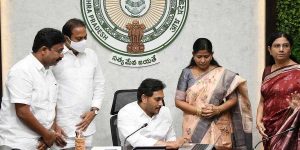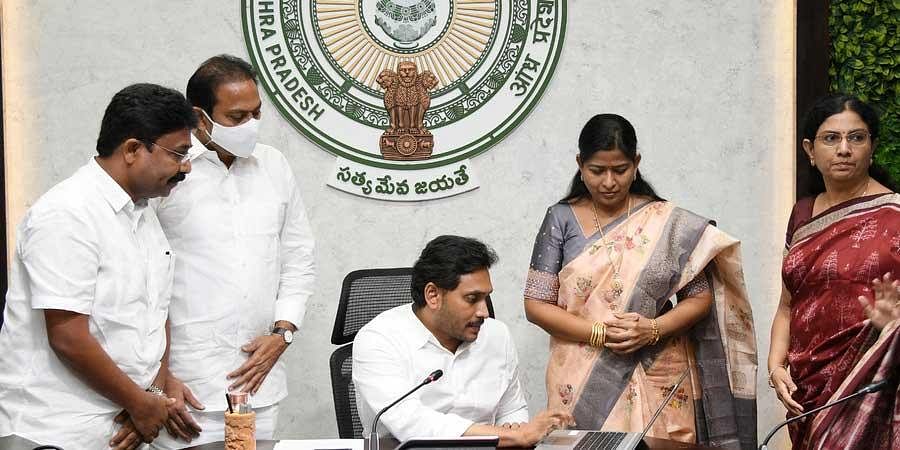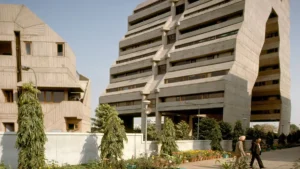
Andhra Pradesh Chief Minister Y.S. Jagan Mohan Reddy has launched the ‘Swechha’ program to tackle the stigma attached to menstruation, prioritize female personal hygiene, and encourage a healthy dialogue of information. ‘Swechha’ (meaning freedom) is intended to ensure affordable access to health and menstrual hygiene in adolescent girls and women.
Buy Prime Test Series for all Banking, SSC, Insurance & other exams
Under the initiative:
- The state government will provide good quality branded sanitary napkins to female students at government educational institutions free of cost.
- Ten sanitary napkins will be given every month to about 10 lakh adolescent girls studying from 7th-12th grades in all government schools and intermediate colleges across the state at a financial outlay of INR 32 crores.
- A total of 120 napkins per year is allotted to every female student, even during summer vacations, the students will be supplied with their quota before they leave school.
Important takeaways for all competitive exams:
- Chief Minister of Andhra Pradesh: YS Jagan Mohan Reddy; Governor: Biswa Bhusan Harichandan.




 Which Mountain Range Blocks Cold Winds i...
Which Mountain Range Blocks Cold Winds i...
 Which was the First Book to Win the Book...
Which was the First Book to Win the Book...
 NCDC Implements Yuva Sahakar and Swayams...
NCDC Implements Yuva Sahakar and Swayams...








